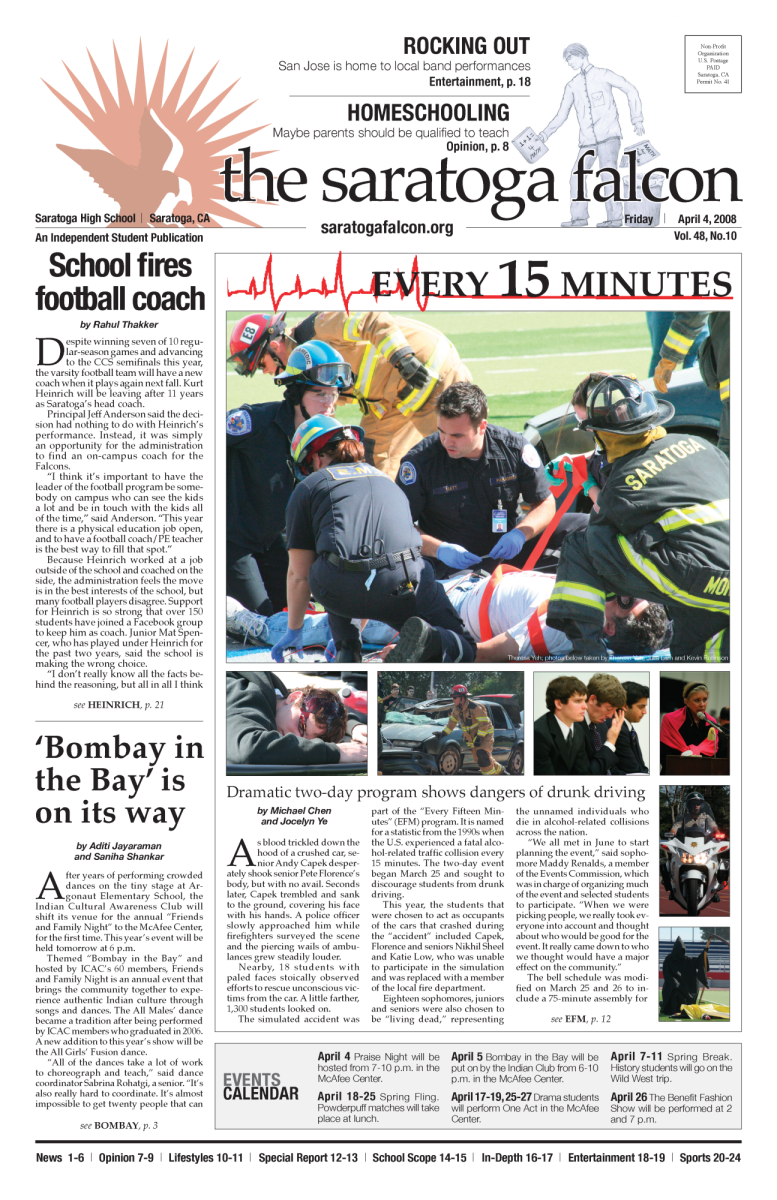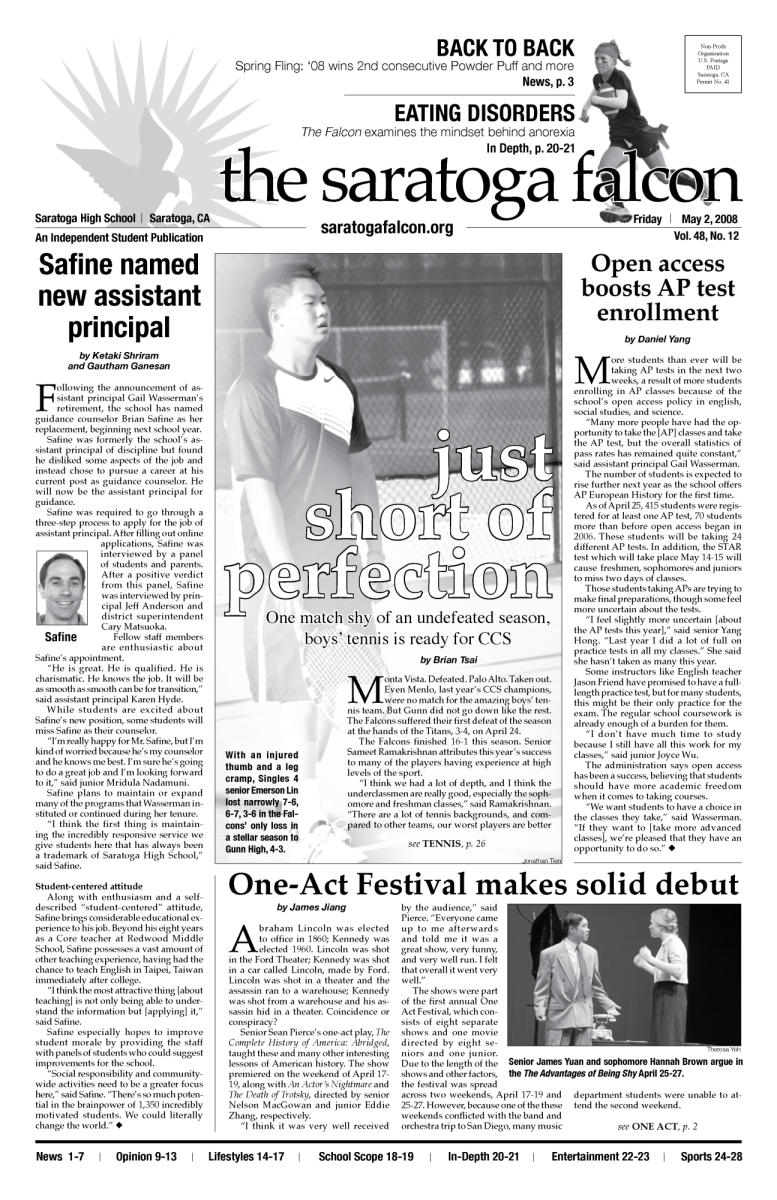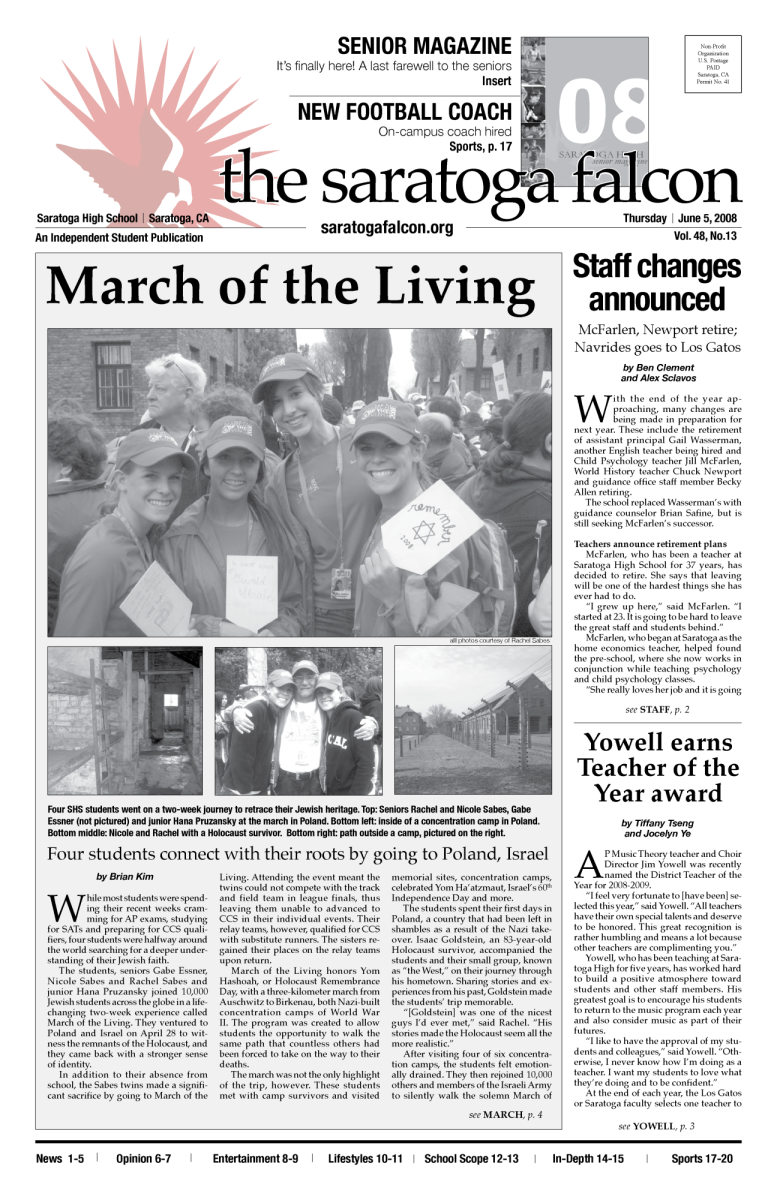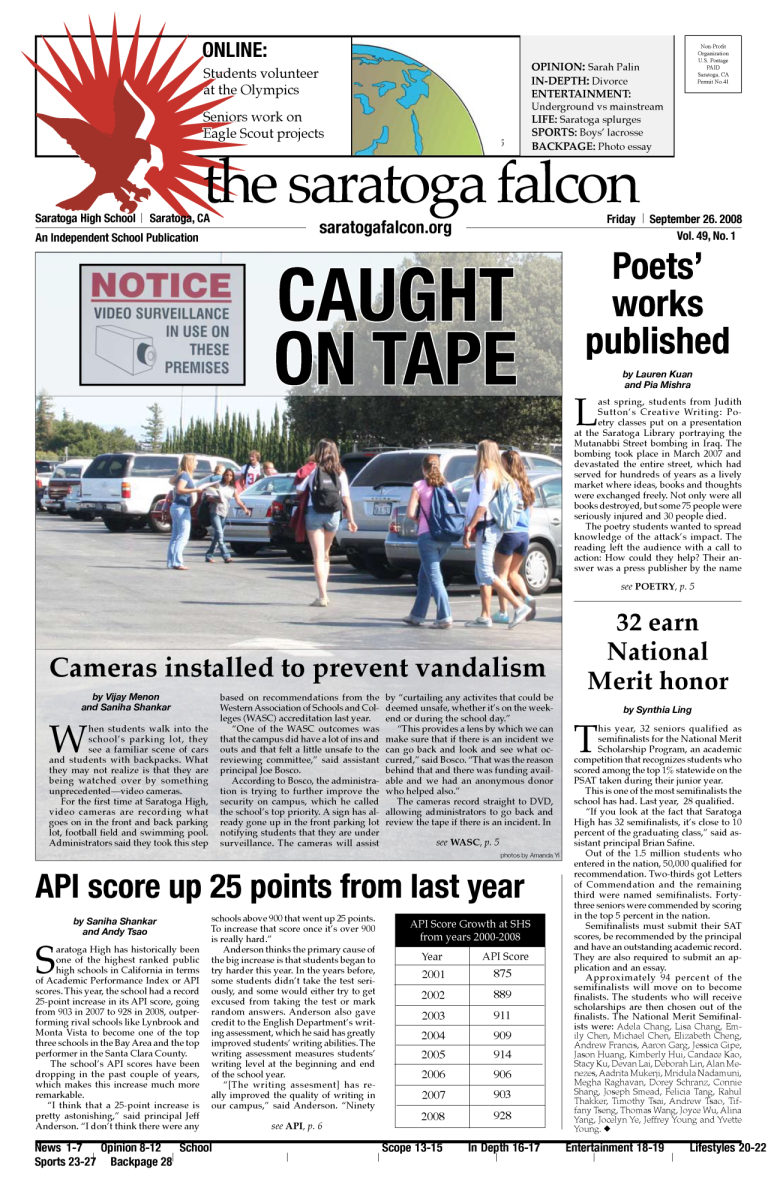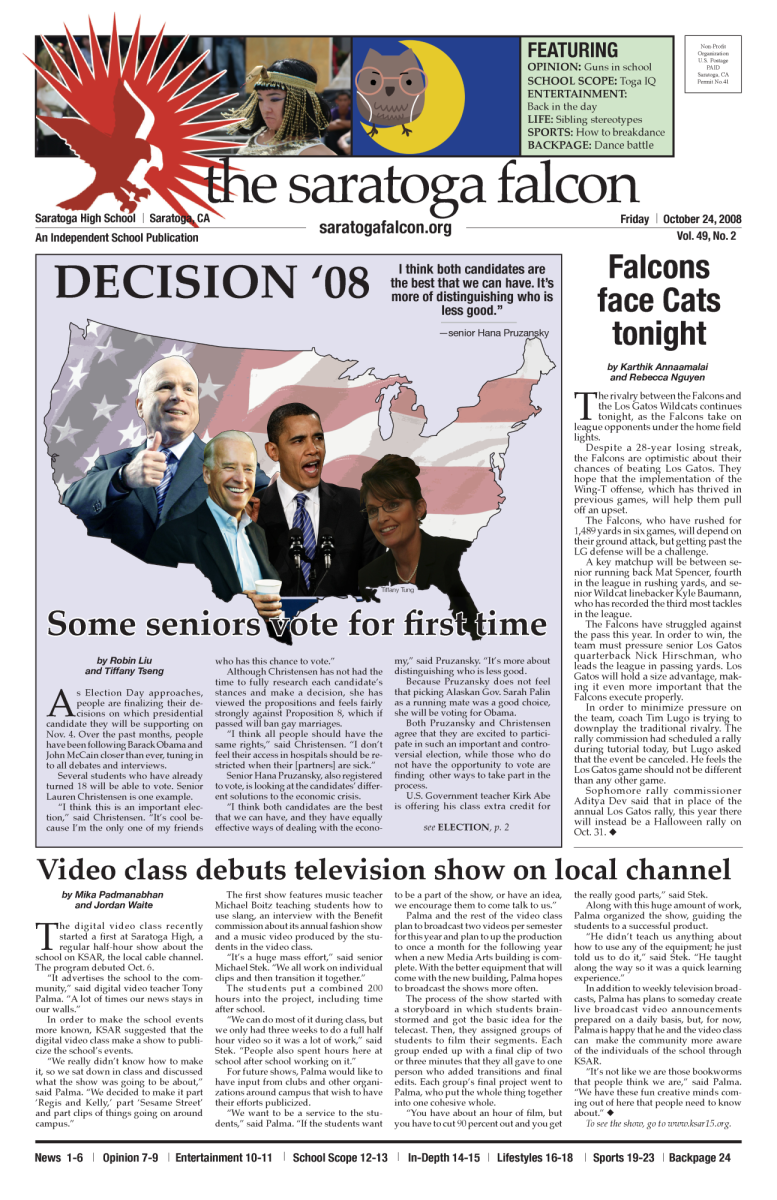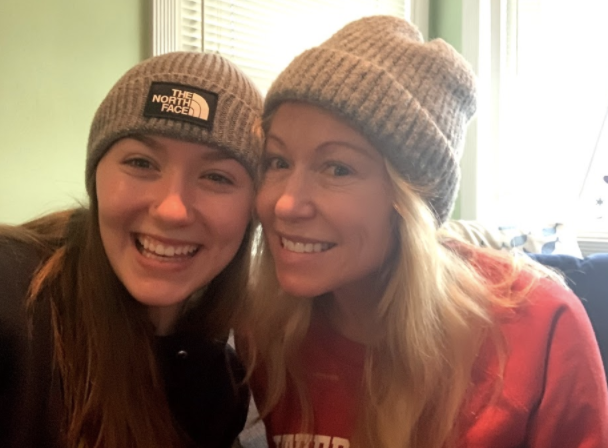When Spanish teacher Stephany Marks tested positive for COVID-19 on July 19, she felt relieved for the waiting to be over. Because she felt sick, she knew something was wrong even as she was hoping for the best.
Then, the results sank in.
“It was overwhelming,” Marks said. “I was in shock, because I didn't personally know anyone who had it. I never thought I'd have it.”
Marks initially got tested on July 16 when both she and her boyfriend felt sick. That first test came back negative, so she spent the weekend with her daughter. But over the next two days, her sickness took a turn for the worse.
When her boyfriend’s result came back as positive, Marks got re-tested for the virus. This time, her result was positive.
“It was like the first time I tested was too soon,” Marks said. “I needed a couple days for it to kick in, I guess.”
Marks suspects she contracted the virus from her boyfriend, who works as a hotel and restaurant manager. He was very strict about his employees wearing masks and gloves, even when the dining was entirely outdoors. Despite this caution, Marks said, it was the only way he could have gotten the virus.
The virus was then passed onto a friend, her daughter and her daughter's friend. In the restaurant where her boyfriend worked, no other employee got sick.
“You still can’t believe that it's actually happening to you now,” Marks said. “I always looked on the TV where they would say, oh, in Santa Cruz County there are 675 cases. And then, all of a sudden, there were 676 — and it was me.”
In terms of symptoms, Mark was dizzy and fatigued. She said she felt like she was “walking on a cloud” and as if somebody was “jumping up and down on her lungs.” There were days she couldn’t get out of bed and just wanted to sleep.
Her symptoms were different from those of her boyfriend. He had aches, pains and fever similar to a regular flu. Her daughter, on the other hand, barely felt any different other than fatigue, Marks said, likely due to their age difference.
As a healthy person who has run four marathons and exercises frequently, Marks had many advantages to fight the virus, but it still took a toll.
“Don't think that if you're [physically] healthy, you're not going to get the virus,” she said. “That's kind of what I thought, and it did happen to me.”
While recovering at home, Marks watched a lot of light-hearted programs on TV to keep her spirit up, while making sure not to go on social media because seeing other people’s lives would make her feel disconnected from the world. In addition, she talked frequently to her friends and family.
She tried to order groceries from online and make healthy food, but because she didn’t feel that good, she mostly ordered from DoorDash or UberEats. The inability to exercise also worsened her mood.
“Emotionally, it was a hard time,” she said. “I definitely got depressed, because my boyfriend and I were so careful all the time. I felt horrible as a mother giving it to my daughter.”
The most difficult part was the contact-tracing process, in which the state workers called Marks and asked for a list of people she had been in contact with in the past week. Marks also had to tell all of those she had recently seen so that they could see if they had caught the virus.
“It was really hard to call people and say, hey, I have COVID-19 and I saw you a few days ago, so you need to go get tested,” she said. “I felt so much guilt.”
The recovery process took around five weeks for Marks. Only during the past two weeks did she feel her lungs clear, and regained her sense of taste and smell.
Along with the emotional toll, contracting COVID-19 also ended Marks’s summer plans, as she was originally going to go on camping trips and drive out to Colorado to see her family. She additionally had to cancel some tutoring sessions and delay a back surgery.
Fighting COVID-19 also exposed her to the trials of the medical system in regard to the illness. While she was impressed by the attentiveness of her hospital (the Palo Alto Medical Foundation), she found that it was extremely difficult to get an appointment for testing. At the time, a lot of people had to wait four to five days before getting their result, she said. She was also scared that the doctors don't know the long-term effects.
Because she and her daughter did not have fevers as a symptom, Marks has some doubts about the effectiveness of temperature checks. She advises that students should always wear masks and keep up social distancing. This is especially important now because many people have been getting lax after being so careful in the beginning of the pandemic, she said.
Marks also struggles with hearing that COVID-19 is a fake virus, although in general she finds that people are very understanding toward her experience, she said.
“In the beginning I felt like I was wearing a ‘scarlet letter’ on my chest, because some people looked at me like, ‘What did you do wrong? Why weren’t you careful enough?’” Marks said. “But that is what I imposed on myself. Now I no longer feel that way and I’m not ashamed to tell people.”
























